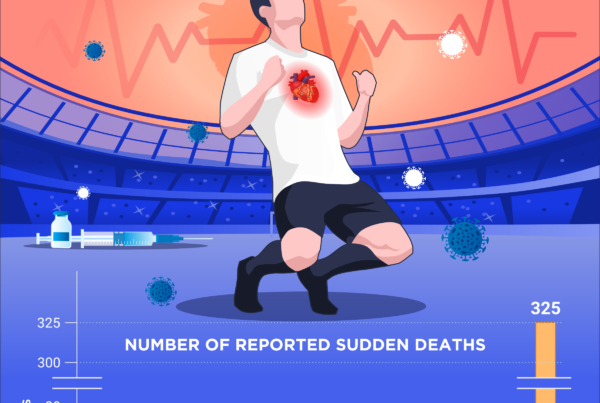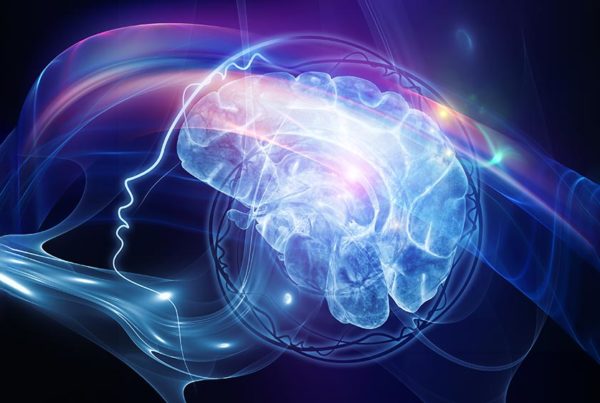I really don’t like writing book reviews. In fact, I don’t like reading, and that usually is a requirement for reviewing a book. Of the 250 or more students in my high school graduation class, I was one of the worst readers having never read a book. I did, however, learn to obtain information from printed materials by scanning the words, sometimes guessing its intent. At times, I would find a student who read a particular book that was assigned to me, and ask him or her what the book was about.
Today, I’m fortunate that Coralee likes reading to me. Such was the case with Dr. Tim Noakes’ book, “Challenging Beliefs: Memoirs of a Career.” His new second edition was recently released.
My initial exposure to Noakes’ work was from his papers published in medical journals in 1977 when I first entered private practice. He was one of the first to write about marathon running and death from heart disease. By the early 1980’s, I recall his study about the potential problem of ingesting carbohydrates before physical activity and it’s ability to impair performance. And a couple of years later, his now classic work on hyponatremia in endurance athletes appeared. In between there were other great topics, including his contention that oxygen is not the primary limiting factor in human performance, like most physiologists believe, but that it’s the brain—which he discusses in “Challenging Beliefs.”
Clearly, Tim Noakes was, and still is, ahead of his time because he could assess a clinical situation without bias—and see through the many scams. In doing so, he had no alternative but to challenge many of the beliefs not only in sports medicine but health care in general. As such, we have followed similar paths in our respective careers. Needless to say, I was ecstatic a couple of years ago when Noakes agreed to write what would become the afterword for my new “The Big Book of Endurance Training and Racing.”
In “Challenging Beliefs,” Noakes goes into detail about a variety of key topics that should be of interest to everyone. The relationship between cholesterol and cardiovascular disease is one example. He presents the lesser-known facts on this topic and exposes the healthcare scams that have led both doctors and patients astray for decades. Noakes says, for example, that after age 50, elevating cholesterol levels are not a problem, and that in women, there’s no need to even measure blood cholesterol since there’s not enough evidence to link it to heart disease. He blames much of the public misinformation about cholesterol on drug companies who sell cholesterol-lowering drugs, and the doctors, healthcare organizations and governments they influence.
Noakes’ opening for his nutrition section includes a quote from George Mann (1993), former professor of medicine at Vanderbilt University: “The cholesterol/lipid theory of heart disease is ‘the public health diversion of this century…the greatest scam in the history of medicine.”’ Noakes states that cholesterol may not even be an important factor in heart disease—especially in women who should have a range between 190 to 270 mg/dl. And, with aging, a declining cholesterol in both men and women is an unhealthy sign. Moreover, all LDL cholesterol is not harmful—only tiny LDL particles, which increase in those with carbohydrate resistance.
In his discussion of carbohydrate foods and how damaging they can be to health, he confesses he was mistaken in recommending consumption of them, especially in his popular book, “The Lore of Running,” and actually apologizes to his readers for doing so.
In what he calls “carbohydrate resistant” individuals, the consumption of these refined foods should be significantly restricted, associating their consumption with hypertension, obesity, cardiovascular disease and other illness. Likewise, he blames the corporations and their influence of government and world health organizations for knowingly promoting harmful foods such as bread, pasta, and other refined carbohydrates, and sugar, to an unsuspecting public.
If you are carbohydrate resistance and keep eating a high-carb diet, says Noakes, no amount of exercise will prevent diabetes and heart disease, nor make you thin. And, that sugar is the most toxic substance in the diet. Even athletes don’t need a high carb diet to exercise vigorously.
Among his other key rules of nutrition, all backed with good science, Noakes states the obvious, that industries dictate what the public learns about nutrition. He also says that calories don’t matter, and that dietary carbohydrates—not fats—lead to obesity. He emphatically states that there is no clear scientific evidence that high fat intake is unhealthy.
I recall Noakes discussing the importance of fat as an energy source in the 1980s, when few would admit that sugar was not the sole energy source, especially for endurance athletes.
As in his other new book “Waterlogged,” which I recently reviewed, Noakes calls some of the foundations of physiology misguided and even refers to the cover-ups by individuals, companies and governments, as scams that deceive the public.
Noakes lays the foundation for each of his major topics—those beliefs he is challenging—with his great story telling style. During his personal struggle with weight gain and family history of diabetes and heart disease, he searched for and found what wasn’t being told to patients—that carbohydrate resistance is the crux of all these preventable diseases.
My only complaint is that in the U.S., this new second edition may only be available on Kindle.
Yes, Tim Noakes and I share much about many health and fitness topics. And I’m honored to review another of his great books.








